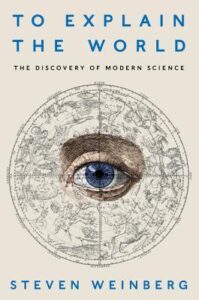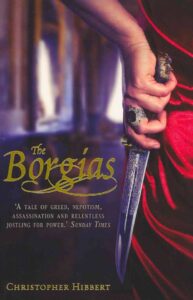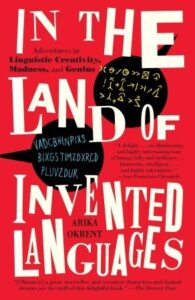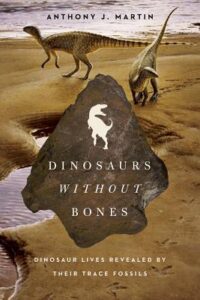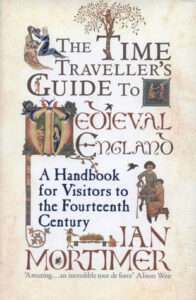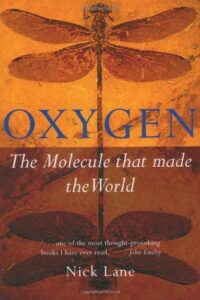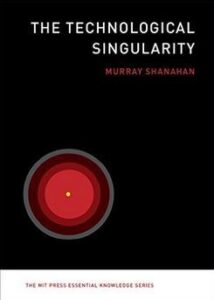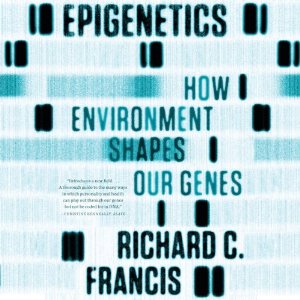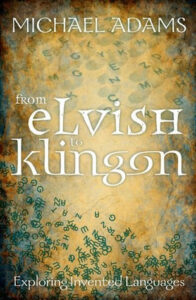 From Elvish to Klingon, ed. Michael Adams
From Elvish to Klingon, ed. Michael Adams
This book is along the same lines as Arika Okrent’s In the Land of Invented Languages, but features multiple authors, and a slightly broader interpretation of invented languages, including Joyce’s linguistic games. Most of the essays are reasonably interesting, but the one on Joyce had me totally lost — I haven’t read Joyce, and didn’t know he was considered particularly linguistically inventive. Lacking the context, that particular essay was just… well, rather boring, for me. (In my defence, my degree didn’t cover much more recent than Shakespeare, except when I did Tolkien or themed courses that dipped into contemporary novels to show the development.) The section on Orwell and Burgess’ use of language to convey their dystopian worlds was more interesting, though a bit obvious for someone who has actually read those books.
I did love the essay on Tolkien’s work; I’ve always admired the sheer amount of work he put into his invented languages, and the way the world he created was made for those languages, and that they had a whole history and evolution within his world. Very few people, if any, have matched that in terms of creating a language for the pleasure of it and creating a way for other people to enjoy it.
The most personally interesting topic for me was about the revival of declining languages like Gaelic, Breton, Hawaiian… Of course, I’ve been trying to learn Welsh (albeit that’s on pause while I learn more Dutch to help communicate while I’m staying with my wife), and I’m very aware that it’s a very artificial way to learn. I don’t have any regular contact with native speakers, and honestly, I think I only know one or two native speakers in my circle. It doesn’t surprise me that there’s a generational gap in many of these languages, and that that raises questions of authenticity, and whether that really counts as connecting with a real Welsh identity. It seems from the coverage here that Welsh is more successful than Breton and such, in that it isn’t discussed in as much detail, except to note that school Welsh is becoming a standard which is swallowing local dialects.
Arika Okrent’s book — which is frequently quoted here — is definitely both more accessible and more in-depth, though that in turn doesn’t do much with Elvish, as I recall, and definitely doesn’t look at revitalising languages like Breton and Gaelic. If the essays I picked out sound appealing, then it’s worth getting, but the other ones weren’t as interesting.

